About | Activities | News | Advocacy and Policy | Resources | Contact
Symposium on Environmental and Social Justice
The Symposium, hosted by SAVWA in South Africa this November, will bring together the IVS movement to review progress, share innovative practices, and discuss decolonised approaches. It will also validate policy and advocacy strategies informed by recent impact research, with input from external experts. A hybrid Open Conference will provide a platform for exchanging knowledge and best practices on social and environmental justice.
Event Program
09:00 – 09:30
Welcome & Introduction
Opening remarks by CCIVS & Voices for Change Team.
Objectives & relevance of the Symposium
Video Premiere: IVS Song
09:30 – 09:50
Keynote Speech: Music,Volunteering & Decolonising
Expert/activist keynote
– How International Voluntary Service (IVS) contributes to social and ecological justice – an external viewpoint.
– The intersection of cultural activism and environmental justice.
– The importance of decolonial approaches in global
environmental narratives.
09:50 – 11:00
Panel Discussion: Voices for Change – Results & Reflections Presentations
Presentation by CCIVS & project partners:
● Global Reflection Meeting and Needs Analysis: Short presentation of key results
● Earth Artivists Training and Collaborative Song: Creation process, cultural significance, advocacy use.
● Local Community Actions: Showcase volunteering activities implemented by partners.
● Impact Measurement Findings (MSC Stories): Changes observed in participants, communities, and organisations.
● Volunteer Right: Strategic proposals further tested and developed by the project
11:20 – 13:00
Break
11:20 – 13:00
Roundtable Dialogues: Building Advocacy Proposals
Discussion Focus:
● Assessing the Decolonial Approach: Evaluating the effectiveness and challenges of applying decolonial methodologies within International Voluntary Service (IVS) projects.
● From Grassroots to Policy Impact: Exploring how community-driven actions, like those in Voices for Change, can influence broader environmental and social justice policies.
● Strategic Alignment with EU, AU and UN Priorities: Discussing how the project’s advocacy proposals align with EU, AU and UN strategies on inclusion, youth participation, and climate justice.
● Informing CCIVS Strategic Planning 2026–2030: Providing recommendations on how CCIVS can integrate these insights into its upcoming Strategic Plan and advocacy agenda.
Speakers and Their Contributions:
Helene Perold – On integrating project insights into CCIVS Strategic Plan 2026–2030.
Dr. Vishwas Satgar – On the effectiveness and challenges of decolonial approaches in IVS projects.
Assoc. Prof. Jacob Mati – On how grassroots actions like Voices for Change can influence policy.
TBC – On aligning advocacy proposals with EU, AU, and UN priorities.
13:00 – 14:30
Break and Networking Lunch
14:30 – 16:00
Consolidation & Reflection: What Comes Next?
Summarise key takeaways from the symposium and outline the next steps for advocacy dissemination and integration into CCIVS’s strategic agenda.
● Recap of main messages from the project presentation and expert roundtable.
● Presentation of upcoming advocacy dissemination tools (e.g., Policy Paper, Change Capsule)
● Clarifying how these outputs feed into CCIVS’s Strategic Plan 2026–2030 and advocacy roadmap.
Discover Our Symposium Speakers
The speakers at the Symposium on Environmental and Social Justice will guide us through critical reflections on the interconnected challenges of environmental degradation, social injustice, and colonial legacies. Through their contributions, the Symposium aims to inspire dialogue, foster cross-sector collaboration, and inform practical strategies for change, engaging youth, grassroots actors, and institutions alike.
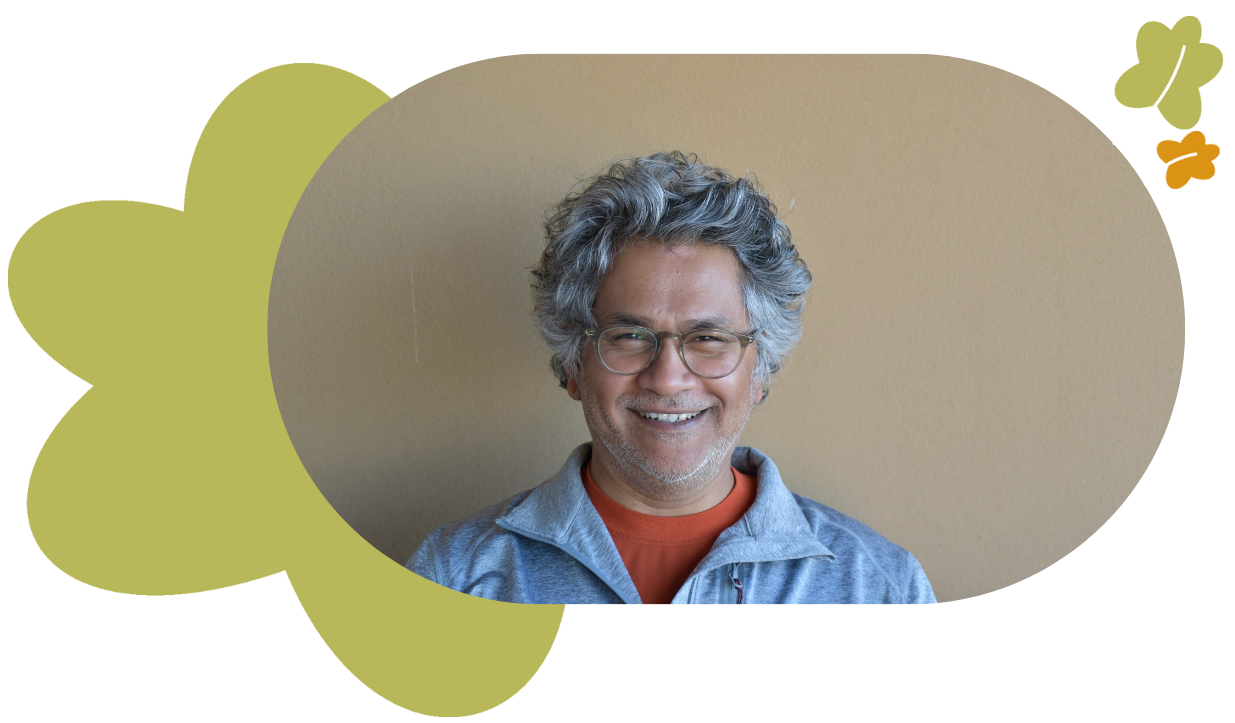
Dr. Vishwas Satgar
Dr. Vishwas Satgar is a Professor of International Relations, editor of the democratic Marxism series and principal investigator for Emancipatory Futures Studies in the Anthropocene at the University of the Witwatersrand, Johannesburg. He teaches decolonial international relations. He is a veteran activist and co-founder of the South African Food Sovereignty Campaign and the Climate Justice Charter Movement.
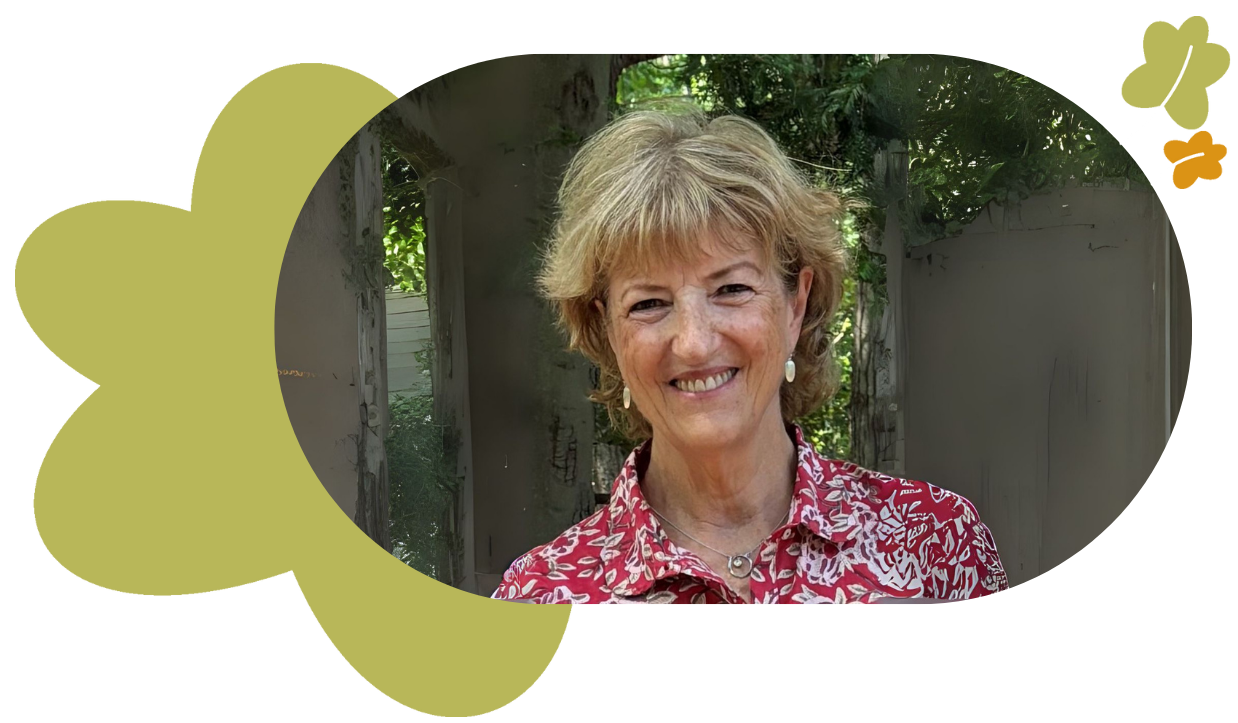
Helene Perold
Helene Perold is a South African independent social research consultant who has worked as an evaluator, publisher and strategist in the fields of volunteering, active citizenship, youth development, community service, education and public health for over 30 years.
Alongside her consultancy, Helene Perold & Associates (1993-2023) she launched VOSESA (2003-2013 www.vosesa.org.za), an independent research organisation that developed an evidence base about volunteering in the Southern African context. She is well known and respected in the field of volunteering research regionally and internationally, and has worked on 23 studies about volunteering. She has partnered with Forum, United Nations Volunteers, the International Association for Volunteer Effort (IAVE), and the Brookings Institute amongst others, participated in multiple international conferences, and has produced over 30 research publications in this field.
She is a member of the FORUM Research, Policy and Practice Learning Group, the International Society for Third Sector Research, and the Africa Evidence Network. ( hperold@hpa.co.za )
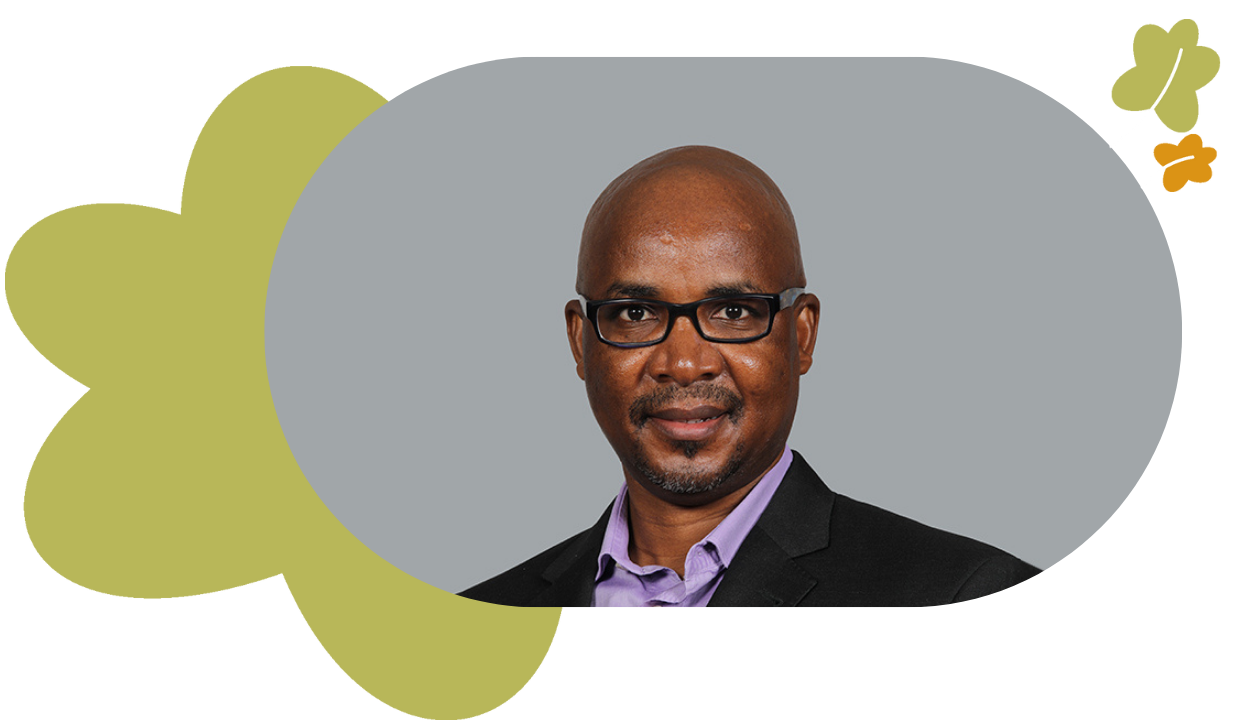
Jacob Mwathi Mati
Jacob Mwathi Mati is Deputy Director at the Centre on African Philanthropy and Social Investment (CAPSI) and Associate Professor at Wits Business School. He also leads CAPSI’s academic programmes.
A multidisciplinary “pracademic” with expertise in public administration, politics, sociology, and development, Jacob has 20+ years’ experience in academia, civil society, and consulting across Africa, Asia-Pacific, Europe, and North America. His work focuses on civil society, philanthropy, volunteerism, and governance. He has taught at Wits, University of the South Pacific, and Sol Plaatje University, and previously worked with CIVICUS and VOSESA. Jacob has published widely, including Philanthropy in Contemporary Africa (Brill) and Political Protest in Kenya (Routledge). He has consulted for UNV, UNICEF, governments, and global NGOs, and serves on several boards and editorial panels.
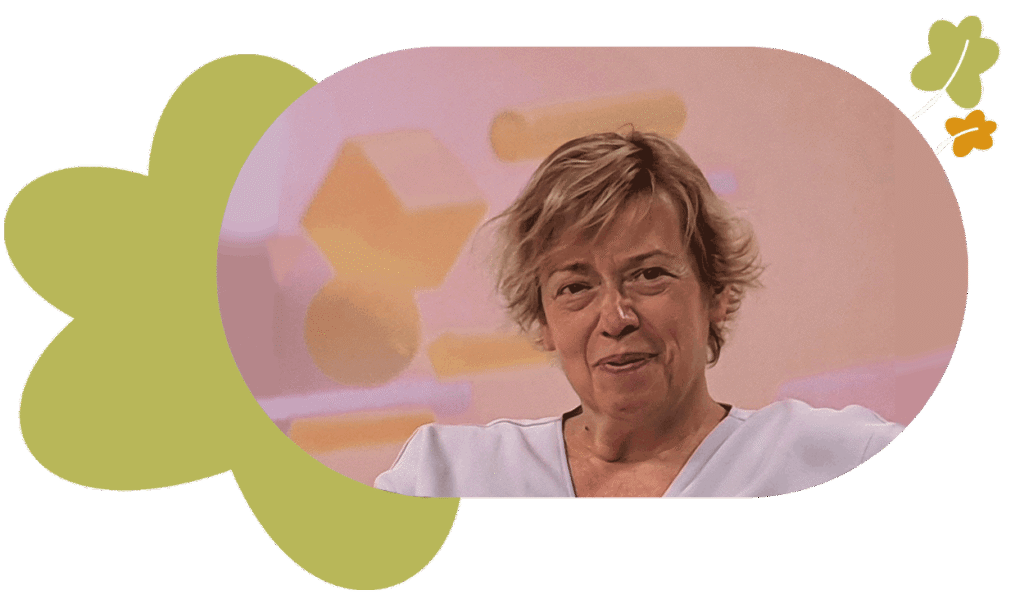
Silja Fischer
Silja Fischer studied in Berlin, Moscow and Hamburg. She joined the General Secretariat of the International Music Council (IMC) in 1993 and has served since 2009 as Secretary General. In this capacity, she is notably in charge of IMC’s advocacy action, membership and programme strategies as well as institutional partnerships. Since IMC is an NGO official partner of UNESCO, Silja ensures also the liaison with the UNESCO Secretariat as well as with diplomatic representations of Member States. Besides her great passion for music and its transformative power, Silja strongly believes in strategic collaborations for effective and efficient advocacy work. She was part of the CSO Group of volunteers in charge of the 5th Civil Society Forum (2005 Convention) and represents IMC in various advocacy groups such as the Climate Heritage Network and in the Steering Group of the #Culture2030Goal Campaign.
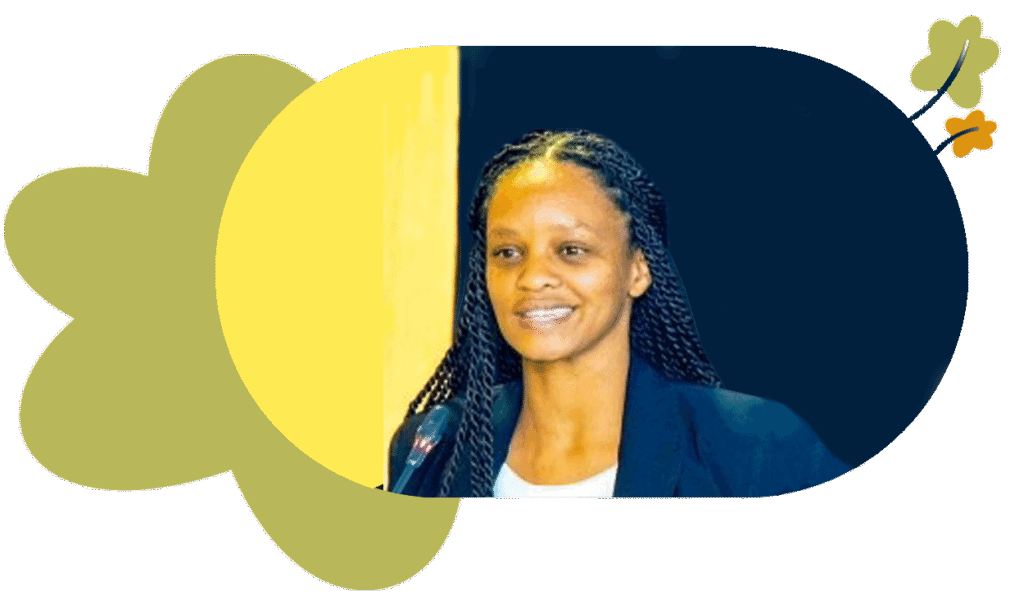
Anthea Hurling
Ms. Hurling began her career with the United Nations Volunteers (UNV) programme as the National UNV before taking on the role of Multi-Country Coordinator in December 2022. Prior to her UNV appointment, she worked with the International Fund for Agricultural Development (IFAD) as a Country Programme Assistant, where she supported the Lesotho, Namibia, Botswana, and Malawi portfolios. Before joining the UN system, Ms. Hurling spent 17 years with the Western Cape Government.
Ms. Hurling holds a Bachelor of Administration degree from the University of the Western Cape, a Bachelor of Public Administration (Honours) from MANCOSA, and is currently pursuing a Master of Public Administration at the Cape Peninsula University of Technology in Cape Town.
As Multi-Country Coordinator, Ms. Hurling provides strategic leadership, oversees the implementation and monitoring of UNV assignments, and builds and maintains partnerships. She is also a passionate advocate for volunteerism as a tool for sustainable development.
Co-funded by the European Union. Views and opinions expressed are however those of the author(s) only and do not necessarily reflect those of the European Union. Neither the European Union nor the granting authority can be held responsible for them.






